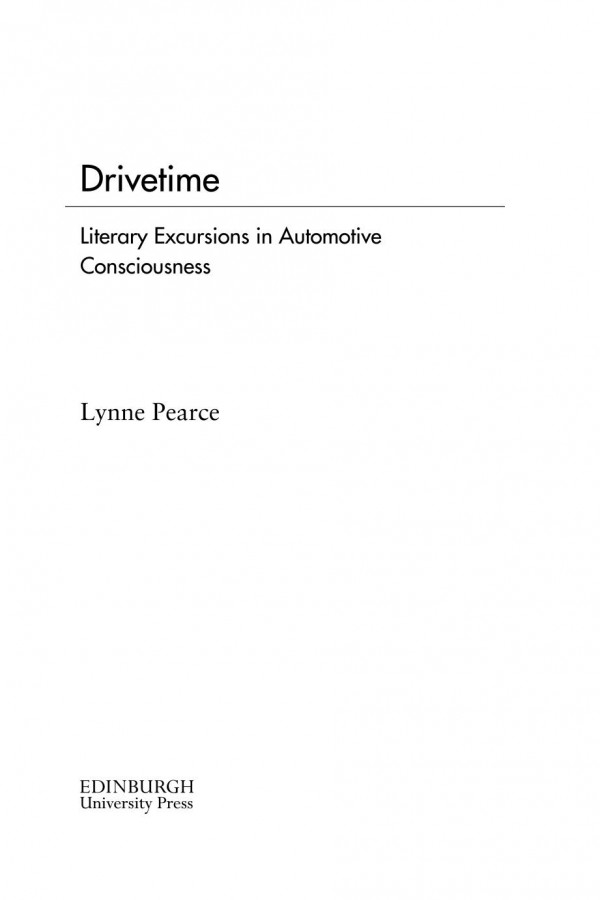

Most ebook files are in PDF format, so you can easily read them using various software such as Foxit Reader or directly on the Google Chrome browser.
Some ebook files are released by publishers in other formats such as .awz, .mobi, .epub, .fb2, etc. You may need to install specific software to read these formats on mobile/PC, such as Calibre.
Please read the tutorial at this link: https://ebookbell.com/faq
We offer FREE conversion to the popular formats you request; however, this may take some time. Therefore, right after payment, please email us, and we will try to provide the service as quickly as possible.
For some exceptional file formats or broken links (if any), please refrain from opening any disputes. Instead, email us first, and we will try to assist within a maximum of 6 hours.
EbookBell Team

0.0
0 reviewsWhat sorts of things do we think about when we’re driving – or being driven – in a car? Drivetime seeks to answer this question by drawing upon a rich archive of British and American texts from ‘the motoring century’ (1900-2000), paying particular attention to the way in which the practice of driving shapes and structures our thinking. While recent sociological and psychological research has helped explain how drivers are able to think about ‘other things’ while performing such a complex task, little attention has, as yet, been paid to the form these cognitive and affective journeys take. Pearce uses her close readings of literary texts – ranging from early twentieth-century motoring periodicals, Modernist and inter-war fiction , American ‘road-trip’ classics , and autobiography – in order to model different types of ‘driving-event’ and, by extension, the car’s use as a means of phenomenological encounter, escape from memory, meditation, problem-solving and daydreaming.